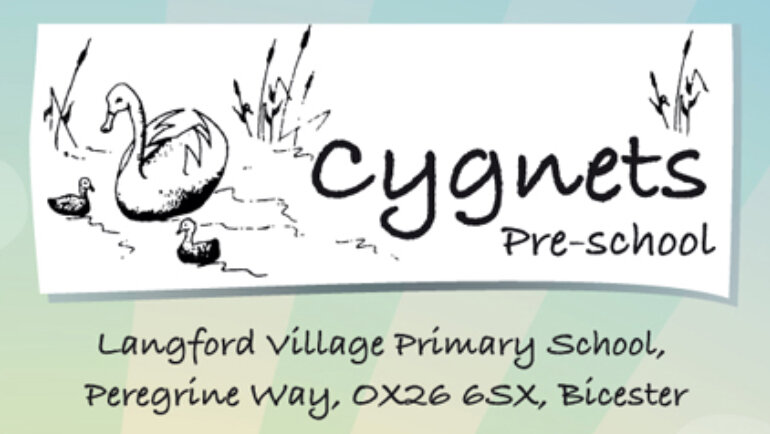How to talk to children about war
With many families concerned by the current news cycle, how we can talk about the situation in a sensitive way...
As adults, we’ve likely spent a lot of time in recent weeks listening to breaking news about the war in Ukraine and worrying about what it means, what will happen next and how we might be affected.
Scenes on social media
The internet and social media have meant that, unlike conflicts that our parents and grandparents may remember, we are often confronted with live stories and clips from the conflict.
Seeing the impact of the war on the people of Ukraine in this kind of detail gives the news an immediacy that some previous conflicts did not have, making the news feel even more real and relevant to us here in the UK.
It is of course a hugely worrying time. But if it’s worry for us, how must children be feeling?
Little ears listening
Many children will be worried about the things they have heard on the news about what has been happening. Even the youngest children can be listening in when we are watching the news on TV, listening to the radio or reading articles online.
Hearing parents, siblings, other children at nursery or someone on the TV talking about war, seeing images of houses being bombed or seeing people hurt can distress and worry children, no matter their age.
Supporting families
As early years providers, children may be asking questions. Their families and friends may be caught up in the conflict so it’s important to be sensitive to how they may be feeling at this time.
Age-appropriate responses
For older children, you may want to go into a little detail and explain what the war is about and why it started – as well as what people are doing to try and bring an end to the conflict and help the people of Ukraine. For younger children, it is important that you limit the amount of information you relay to them.
And, of course, for all children it is important that you reassure them.
But how can we tell them the truth about what is happening without worrying them further?
Helpful guidance
Unicef has provided some excellent guidelines about this that you can share with families and use yourselves.
The guidance explains:
“Children have a right to know what’s going on in the world, but adults also have a responsibility to keep them safe from distress […] Use age-appropriate language, watch their reactions and be sensitive to their level of anxiety.”
The Department for Education has published guidance for teachers and families on how to talk to children about the Russian invasion of Ukraine.
The Children’s Commissioner has advised that we should not hide what is happening in Ukraine but support children in their understanding.
Making a plan
Generally, it is important to plan what you want to say before you engage in the conversation. Consider what level of detail is appropriate for the age and development stage of the child.
Experts generally seem to agree that there are a few key things to think about when planning your approach:
1.Listen and notice – What are children saying? What is it that they have heard people talking about and what images have they seen on the TV or elsewhere?
Exactly what question are they asking you? Do they seem distressed or anxious? What is worrying them most? Are they even mentioning it at all?
2.Don’t say too much – Don’t say more than you need to and keep it simple. Lots of detail is not needed and it could just put more worries into their heads.
Try something that they can relate to, such as: “You know that sometimes people are cross with each other and argue? Well sometimes countries are cross with each other and they fight too.” If they ask why they are fighting, you could say something like: “They don’t agree with each other about who should be in charge of the country.”
3.Reassure – If children are scared, then tell them that it is okay to feel that way. You could reassure them that the fighting countries are very far away and not near us. Tell them that we are very safe here and that people are trying to stop the fighting.
4.Do something practical – Gathering donations for families in Ukraine might help children feel that they are doing something to help. It also helps to build a sense of social responsibility.
You may have a local collection point – check local groups for information on where you can donate.
https://www.unicef.org/parenting/how-talk-your-children-about-conflict-and-war
https://www.unicef.org/parenting/child-care/how-to-recognize-signs-of-distress
https://educationhub.blog.gov.uk/2022/02/help-for-teachers-and-families-to-talk-to-pupils-about-russias-invasion-of-ukraine-and-how-to-help-them-avoid-misinformation/

